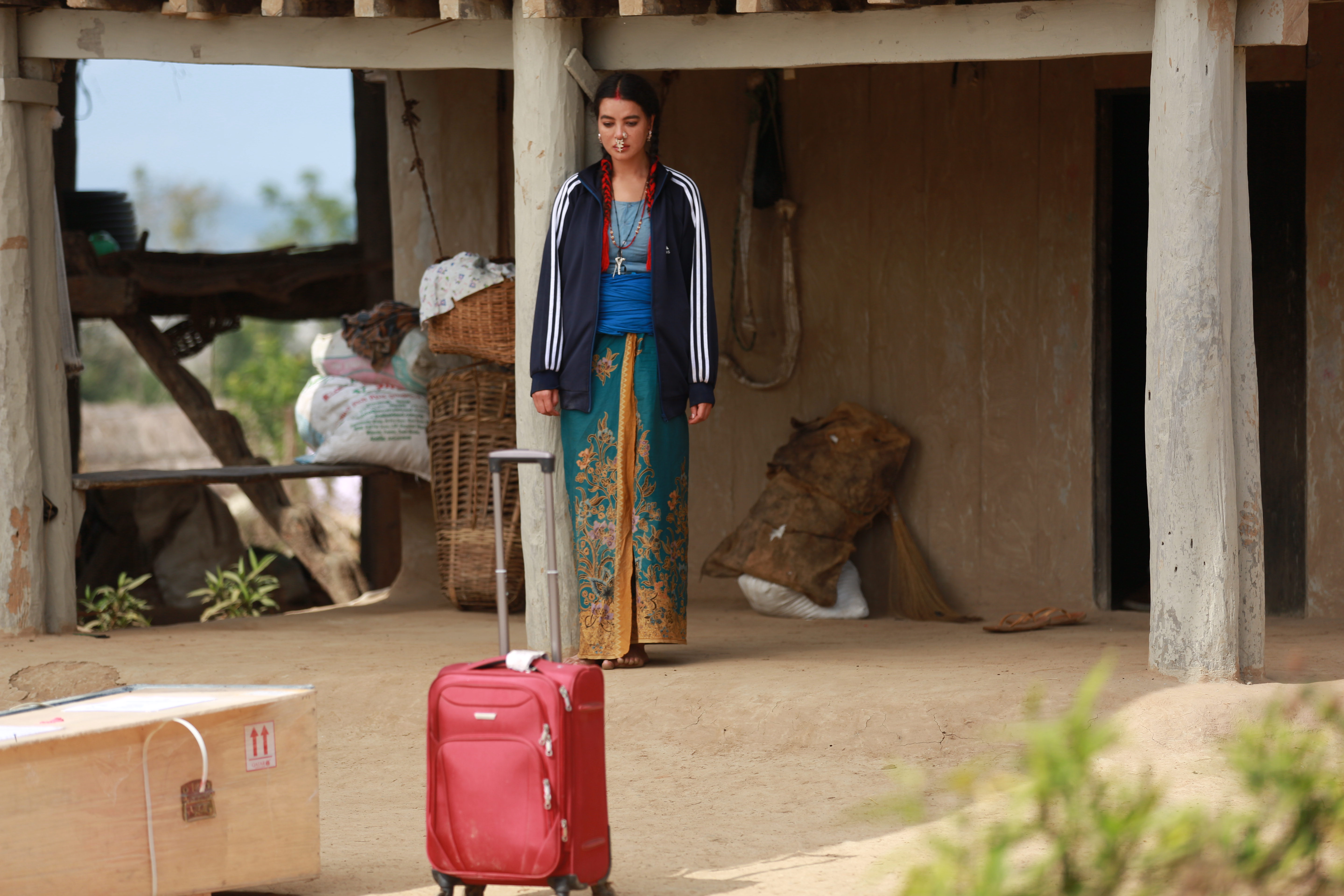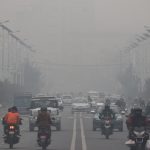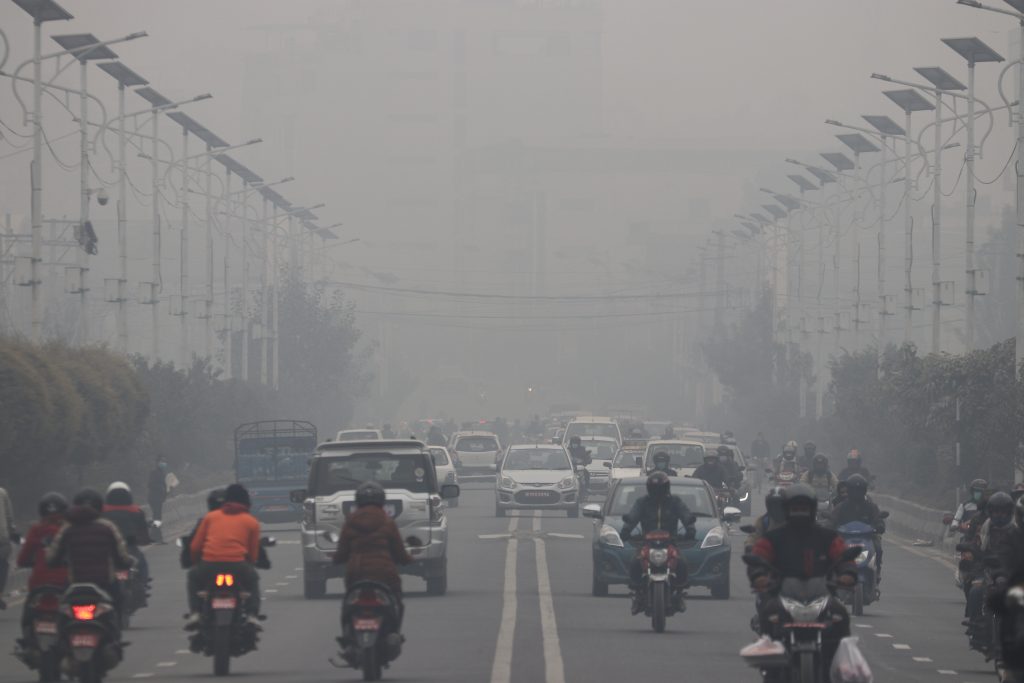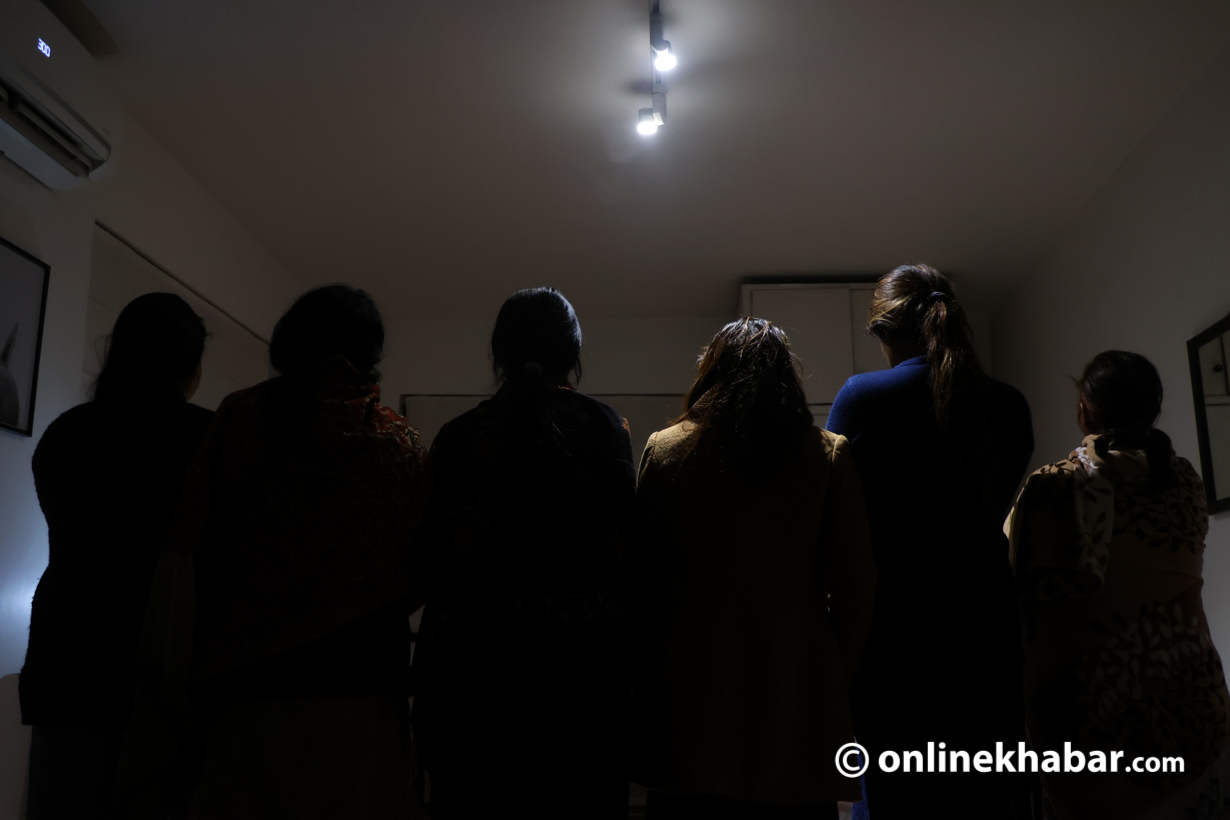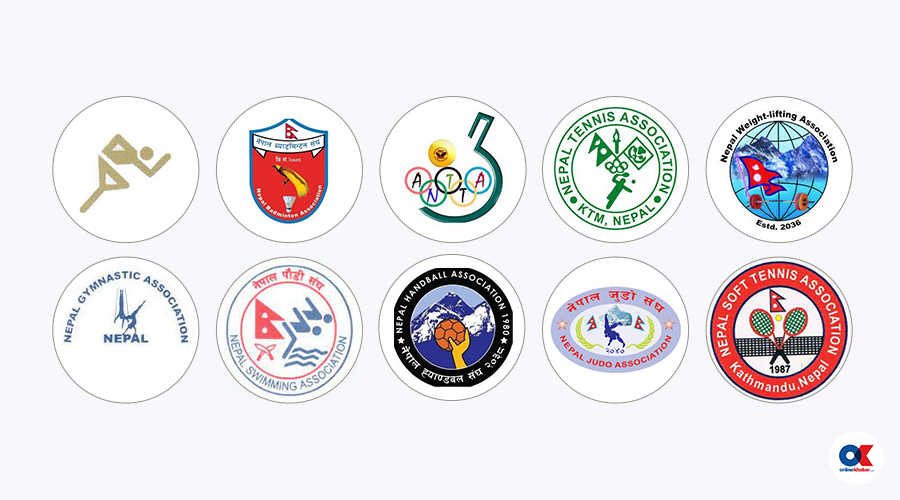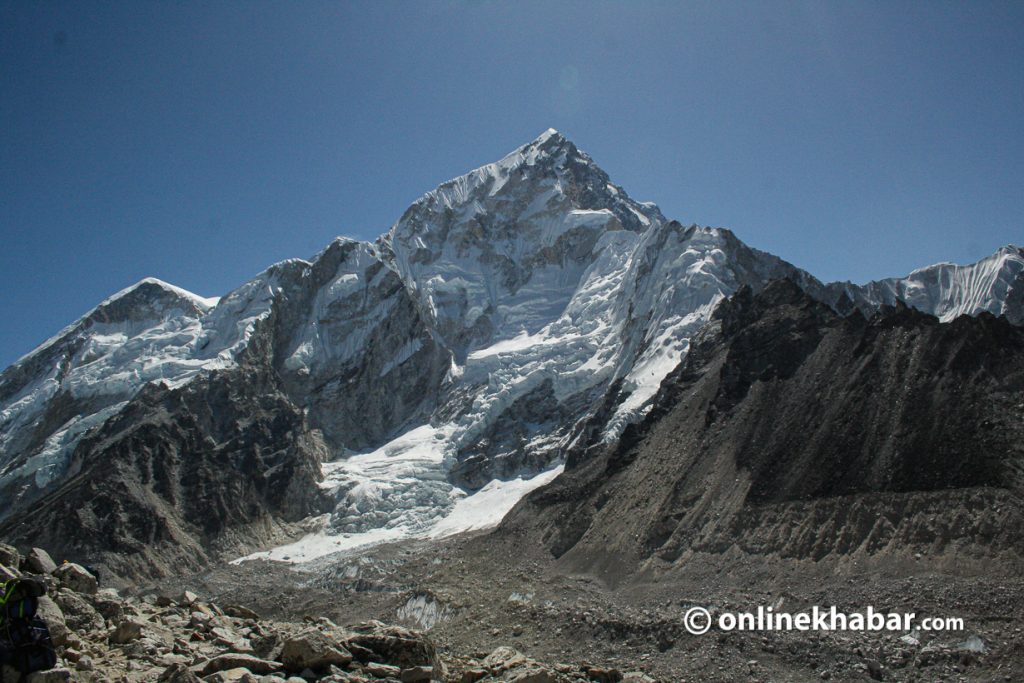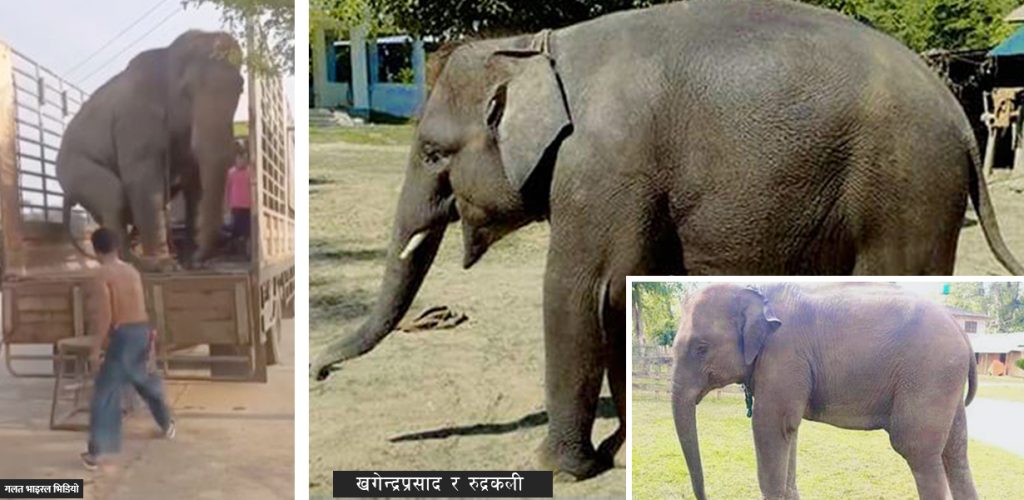Major Nepali and English broadsheet dailies published from Kathmandu on Sunday have covered the statement of Prime Minister KP Sharma Oli at the inaugural of the Asia Pacific Summit on their front pages. Whereas most of the newspapers report the Prime Minister’s quotes, Kantipur and The Kathmandu Post are particularly critical of the event, mainly due to its controversial Christian background.
Meanwhile, Kantipur and The Himalayan Times have published reports about the European Union’s decision to continue the ban imposed on flight of Nepali airline companies in the European sky.
Few other political, sociocultral and political issues have been featured on the front pages of Nepali newspapers today.
Important
Former PMs boycott Asia Pacific Summit

The Kathmandu Post reports that at least five former prime ministers—Sher Bahadur Deuba, Pushpa Kamal Dahal, Jhala Nath Khanal, Baburam Bhattarai and Khil Raj Regmi—did not attend the inaugural of controversial summit though all of them were invited.
Meanwhile, the inauguration was centred at the appreciation of the Unification Church and its chief Hak Ja Han, also known as Madam Moon, according to Kantipur.
Gorkhapatra reports that speakers of the inaugural raised concerns of their own interest though the themes of the summit were something else.
EU ban on Nepali airlines continues

The European Union has decided to continue its five-year-old ban on the flight of aircraft from Nepali airline companies in the European sky, according to The Himalayan Times and Kantipur.
THT report reads that “Lack of improvement and safety oversight by the country’s aviation regulator” led to the ban.
Quoting a senior official of the Civil Aviation Authority of Nepal, the report claims the agency had expected the ban to continue as “The EU recently sent a list of 43 questions to CAAN raising serious concerns…”
Nepal records six rape cases everyday

Gorkhapatra reports in its anchor story that Nepal Police has recorded six cases of rape per day in the first three months of current fiscal year (mid-July-mid-October) on average.
Citing a response given by the Ministry of Home Affairs to the Women and Social Committee in Parliament, the report mentions that total 590 rape cases were reported in the period. Total 697 persons have been identified as suspects, and 561 of them were arrested.
Ignored
600 Nepalis study in blacklisted Bangladeshi colleges

A snippet in Kantipur, filed from Dhaka, reports that more than 600 Nepali students are currently studying in blacklisted Bangladeshi colleges. Their future has turned uncertain as they may not be allowed to do practice in Nepal.
Currently, around 5,000 Nepali medical students are in Bangladesh, the biggest host of Nepali medical students globally.
Panel suggests decriminalisation of defamation
A government-commissioned task force has suggested removing defamation from the list of criminal cases in the new penal code, The Himalayan Times reports in its lead story.
The task force formed by the Ministry of Communications and Information Technology to suggest changes to make the new code more media-friendly has submitted its report to Minister Gokul Prasad Banskota on Friday, according to the report.
Dialogue team fails to make concrete progress

Republica reports in a four column story that the Political Dialogue Committee, a government team formed to hold talks with disgruntled political groups, is preparing to wrap up its work as the term is about to expire.
The team led by lawmaker Som Prasad Pandey, however, has failed to make any concrete progress about the assignment, the report adds.
The team is required to submit its report to the government by December 15.
Conflict between NGOs and INGOs
The Kathmandu Post reports in a two column story that Nepal’s non-government organisations have voiced their concerns over the potential misuse of international NGOs that have been operating their offices in Nepal.
The NGO Federation of Nepal made public its recommendations to the government during its recent ninth general convention, demanding that the international NGOs have no access to funds from the UN and donor agencies.
Interesting
Council to examine doctors’ qualification every five years

Owing to concerns raised by various stakeholders over the qualification and competence of medical doctors, the Nepal Medical Council has decided to conduct qualification checkup every five years, according to a brief story in Naya Patrika.
The doctors need to pass the tests in order to get their licences renewed, the report informs.










